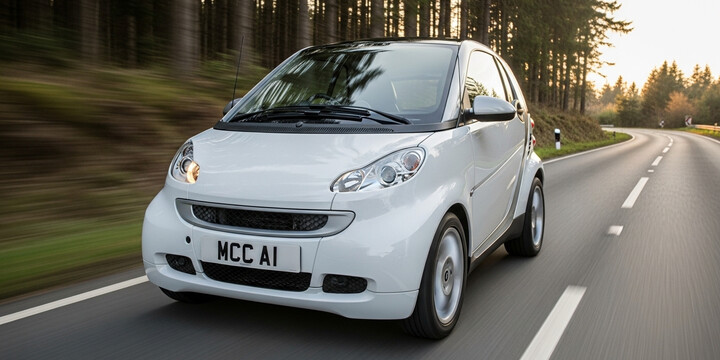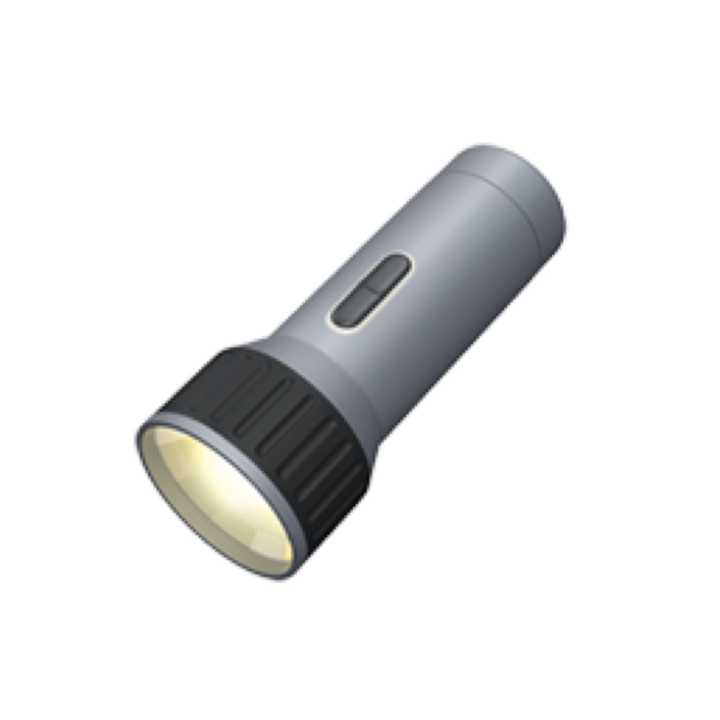SMART CITY (2000-04)

Buyer's Guide & Data from our Checks
The SMART CITY (2000-04) is a compact city car designed for urban living, making it ideal for city dwellers, daily commuters, and first-time drivers. Known for its small size and easy manoeuvrability, this vehicle is perfect for navigating tight streets and fitting into limited parking spaces. In the UK market, it is regarded as an affordable, reliable choice for those seeking an economical and practical runabout, especially those who need a second vehicle or an easy-to-park car for everyday use.
Based on data from mycarcheck.com, the SMART CITY (2000-04) has been checked over 3,600 times, with around 1,640 VINs recorded, indicating a well-loved and frequently used model. The average private sale value is roughly £800, with typical mileage around 77,000. The vehicle’s age and mileage, combined with its affordable price, make it popular among budget-conscious drivers and urban families. The average number of previous owners (around six) suggests it’s a dependable vehicle with a manageable history.
What makes the SMART CITY (2000-04) stand out is its simplicity and practicality. It’s praised for its fuel efficiency, low running costs, and ease of driving. Compared to rivals, it offers a straightforward, no-frills ride that appeals to those who want a reliable car for short trips and daily errands. Its reputation for being a practical city car keeps it popular in used car markets across the UK.
Key Findings
The following statistics are drawn from our checks of 1,642 different vehicles, run between February 18th 2021 and December 31st 2025. These real-world insights provide context for this vehicle's place in the market, as well as its typical usage.
3,682
Lookups
Lookups
763
Hidden Histories
Hidden Histories
84k
Average Mileage
Average Mileage
£800
Average Valuation
Average Valuation












